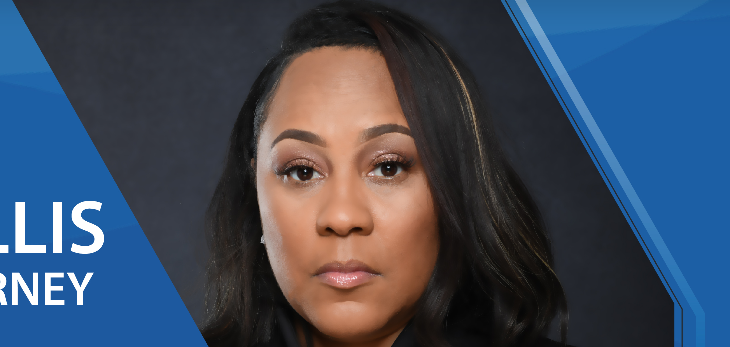Fulton County District Attorney Fani Willis vehemently denied allegations surrounding her personal and financial dealings, particularly concerning her relationship with prosecutor Nathan Wade, amid the high-profile election fraud case against former President Donald Trump. Willis's impassioned testimony came in response to accusations that she engaged in sexual relations with Wade on the day they met and that she possessed large sums of cash at home for repaying Wade for opulent 'work' trips.
Describing the allegations as "extremely offensive" and "dishonest," Willis asserted her integrity, emphasizing the inaccuracy of claims related to her relationship timeline with Wade and their alleged financial transactions. She specifically addressed the contention that she had paid Wade in cash for shared vacations, clarifying that she maintained significant cash reserves at home as a personal financial practice advised by her father, not as a means of illicit reimbursement.
Willis's fervent defense extended to criticisms of the media and opposing attorneys, whom she accused of propagating falsehoods without verification, particularly regarding the nature of her trips with Wade and aspects of their personal life. "I'm not on trial, no matter how hard you try to put me on trial," Willis stated, pushing back against lawyer Ashleigh Merchant's line of questioning.
The stakes of Willis's testimony are particularly high, given the potential implications for the ongoing Georgia election subversion case against Trump and his associates. Allegations of a conflict of interest stemming from her relationship with Wade have prompted calls for Willis's disqualification from the case, a scenario that could significantly impact the prosecution's efforts.
Adding complexity to the proceedings, Robin Bryant-Yeartie, a former friend of Willis, provided testimony that contradicted Willis's account of the relationship's onset, claiming it began in 2019, well before Wade's formal involvement in the Trump prosecution. This assertion, if substantiated, could raise questions about the propriety of Willis's decision to hire Wade.
Throughout the tumultuous hearing, which saw moments of intense exchange between Willis and defense attorneys, Judge Scott McAfee repeatedly called for decorum, highlighting the unusual nature of a district attorney testifying in such a contentious and personal context.
As the hearing progresses, with Willis slated to continue her testimony, the legal and political ramifications of the allegations and the robustness of her defense remain to be fully realized. The case not only tests the boundaries of professional ethics and personal conduct in the legal sphere but also underscores the intricate interplay between personal relationships and public duty, particularly in the high-stakes arena of political legal battles.






